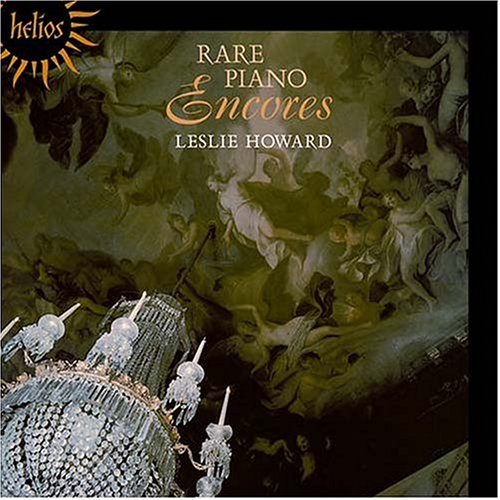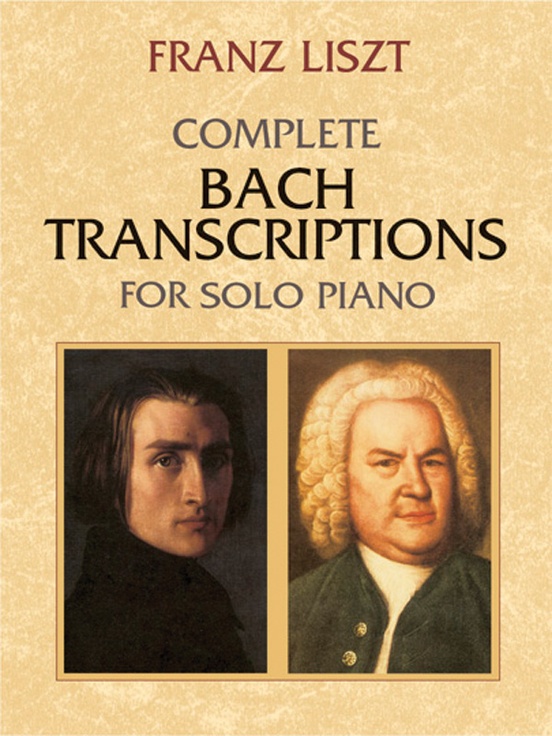

3, of 1711.īach’s encounter with Vivaldi’s concertos, courtesy of Johann Ernst, was a life-changing experience. The Prince traveled frequently in Europe to hear new music and purchase copies for his collection, and it was on a trip to the low countries in the spring of 1713 that he brought back to the court a large quantity of printed music that seems to have included Antonio Vivaldi’s latest set of violin concertos, L’Estro armonico (“The Harmonic Whim”), op. Ernst, a gifted violinist and keyboard player, studied composition with Walther and owned an extensive library of contemporary instrumental music. Walther’s wide-ranging interests in music (he later published one of the most important German music dictionaries of the time, the Musical Lexicon of 1732) and his extensive library of German, French, and Italian music opened new vistas for the ever-curious Bach.Ī second catalyst in Weimar was the presence of Prince Johann Ernst, the young nephew of Wilhelm Ernst. Walther was also an organist of considerable skill, and his settings of chorale melodies and his transcriptions of instrumental concertos clearly spurred friendly competition with Bach.

Paul located just across town from the court complex. The first was the presence of his cousin Johann Gottfried Walther, organist of the City Church of St. There were still other reasons that his talents flourished in Weimar, however. Moreover, he had at his disposal an organ of sufficient (if not luxurious) resources located in the magnificent space of the Court Chapel. Indeed, it was during this time that word began to spread throughout Germany about the organ virtuoso from Thuringia.īach was encouraged in these activities by his principal employer, Wilhelm Ernst, a great lover of organ music. The success of these pieces and the brilliance of Bach’s playing attracted students and brought invitations to test and inaugurate new organs in neighboring towns. In Weimar, his organ writing reached maturity, and it was there that he wrote most of the works that established his reputation as the greatest organist and organ composer of all time: the Orgelbüchlein ("The Little Organ Book"), the first versions of the “Great Eighteen” Chorales, the bulk of his large preludes and fugues, and the concerto transcriptions heard on the present recording. In Arnstadt and Mühlhausen he produced “the first fruits of his efforts at organ composition,” as the writers of his obituary later put it. There is certainly truth to this, for his tenure in Weimar (1708-1717) directly followed his initial organist positions in Arnstadt (1703-1707) and Mühlhausen (1707-1708), during which he cut his teeth in organ playing and composition. Johann Sebastian Bach’s stay in Weimar as Court Organist to Dukes Wilhelm Ernst and Ernst August has been described as the golden period of his organ writing.


 0 kommentar(er)
0 kommentar(er)
